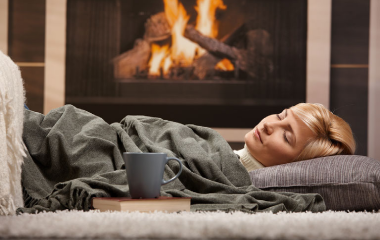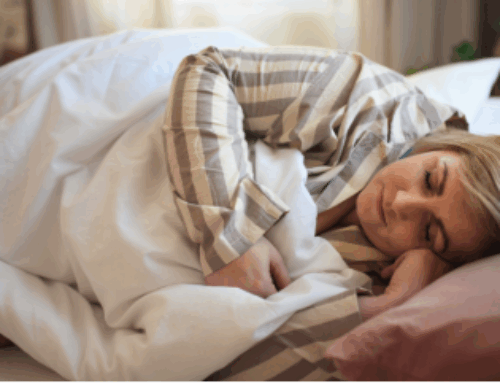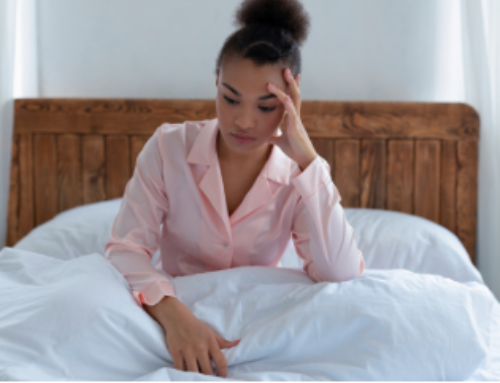Unlike animals, humans do not need to hibernate during the winter. It may feel like you need more sleep during the winter months because the days get shorter. However, your actual sleep need does not increase.
It is normal for sleep habits and activity cycles to change a bit as the seasons change, according to Dr. Emerson M. Wickwire, Sleep Medicine Program Director at Pulmonary Disease and Critical Care Associates in Columbia, Md., assistant professor at Johns Hopkins School of Medicine. If you experience excessive daytime sleepiness or fatigue or a noticeable change in your mood, irritability or ability to think or remember clearly, then you should talk to a board-certified sleep physician.
“The biggest mistake that people make when it comes to sleeping in winter is ignoring their body’s natural rhythm. Even if you’re tempted to stay in bed or on the couch all day long, unless you are sick it’s a good idea to get up and move around.”
Staying in bed or on the couch all day long when you’re not sick may throw off your circadian rhythms. The visual cues of light and darkness “set” this internal clock keeping it synchronized to a 24-hour cycle.
A number of sleep disorders that are linked to misaligned circadian rhythms including insomnia, jet lag and shift work disorder. Abnormal circadian rhythms have also been blamed for depression, bipolar disorder and seasonal affective disorder, which is more common in the winter.
Winter Sleep Tips
- Increase exposure to light
- increase or maintain physical activity
- Use a humidifier or nasal rinse to keep your airway passages from drying out
- Make sure that your bedroom is not too warm or too cold





